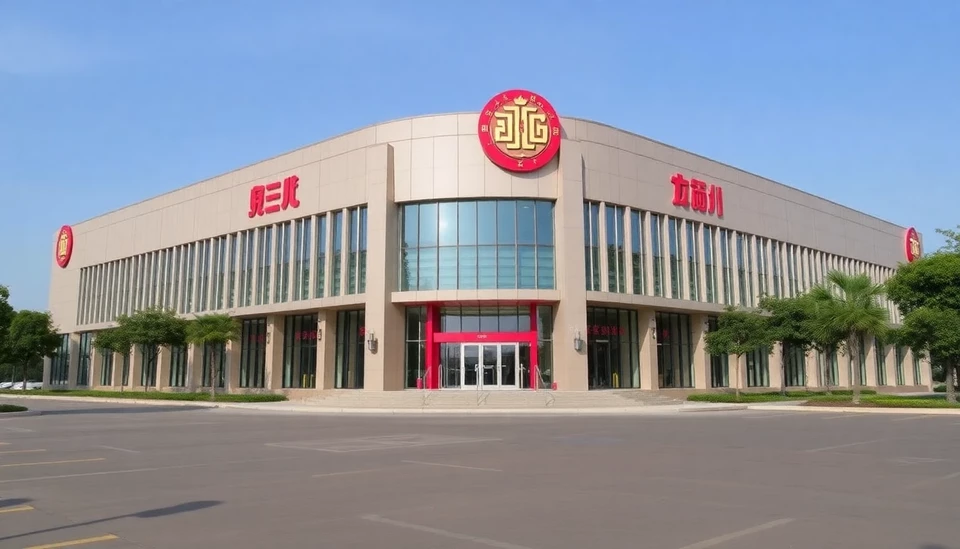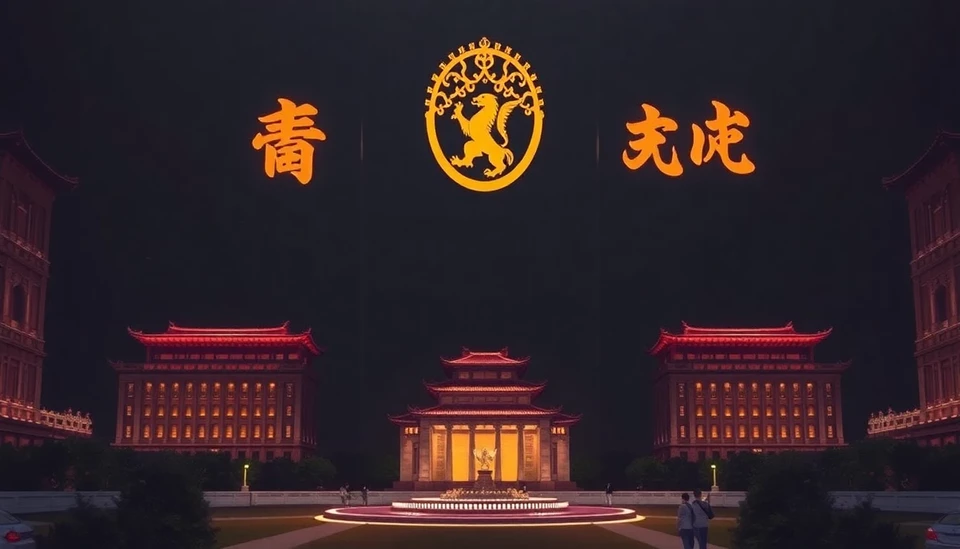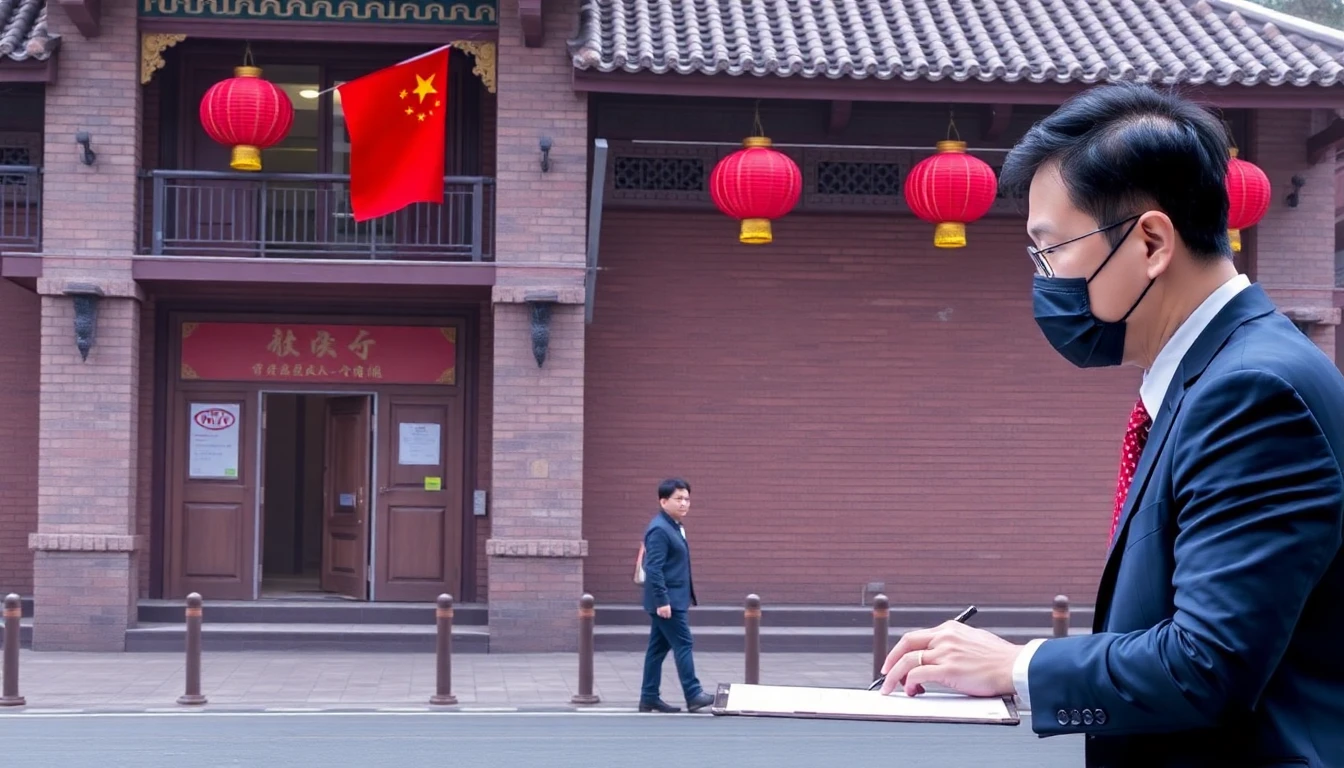
In a significant development for the beleaguered Chinese property giant Evergrande Group, a Hong Kong court has ordered the liquidation of its subsidiary, Tianji Holdings. This ruling, delivered on February 17, 2025, intensifies the challenges facing Evergrande, which has struggled to recover from its massive debt crisis.
Tianji Holdings, primarily involved in the project development sector, has been at the center of Evergrande's financial troubles. The court’s decision to liquidate the company stems from ongoing disputes with creditors and difficulties in managing its debts, reflecting a broader trend of instability in the Chinese real estate market. The court action comes as creditors are attempting to recover funds owed by the company amidst fears of default.
Evergrande's financial woes have been well-documented over the past few years, with the company amassing more than $300 billion in liabilities. In late 2021, the firm defaulted on its debts, triggering a series of legal battles, restructuring attempts, and concerns about potential ripple effects across the broader economy in China. The situation has also raised alarms about the possibility of social unrest, considering the scale of Evergrande’s operations and the number of homebuyers affected by its financial mismanagement.
The liquidation order for Tianji Holdings underscores the severity of Evergrande's ongoing crisis, as the company continues to grapple with a cash flow shortage, falling property sales, and a lack of investor confidence. In addition to facing immediate financial challenges, Evergrande is also under pressure to restart stalled construction projects which impact thousands of homebuyers who are waiting for their promised homes.
The Hong Kong court ruling puts further strain on an already vulnerable market for property in the region, as local buyers express growing anxiety over investments made in projects with uncertain futures. Experts suggest that the liquidation could set a troubling precedent and may lead to more such actions against other struggling property developers in the area.
In response to this recent court ruling, Evergrande has expressed its intention to appeal the decision while continuing to seek a comprehensive restructuring plan. The company’s executives are aiming to negotiate with creditors to modify repayment terms and manage outstanding debts effectively, highlighting the chaotic situation within the firm.
The ramifications of the liquidation extend beyond the walls of Evergrande. As the company sinks deeper into its crisis, the dynamics of the real estate market in China could face significant disruptions. Investors and stakeholders remain watchful of the downstream effects on the economy, particularly as the property sector plays a crucial role in China’s overall growth strategy.
This unfolding narrative of Evergrande and Tianji Holdings serves as a grim reminder of the risks associated with excessive borrowing and the consequences of poor financial management in the corporate sector. As the situation develops, all eyes will be on both the legal battles accompanying the liquidation and any potential ripple effects across the broader Chinese economy.
In the coming weeks, industry watchers will be focusing on how this ruling shapes the future of Evergrande, its subsidiaries, and the real estate market in China, as the implications of failed projects, unpaid debts, and liquidations echo throughout the sector.
As Evergrande grapples with its mounting issues, the outcome will likely influence regulatory frameworks and strategies for debt resolution in China, further shaping the landscape of the real estate industry moving forward.
Stay tuned for further updates as the situation evolves and more details emerge regarding the appeal process and its potential impact on all stakeholders involved.
#Evergrande #TianjiHoldings #Liquidation #RealEstate #HongKong #ChinaEconomy #FinancialCrisis #DebtCrisis #Bankruptcy #PropertyMarket
Author: John Harris



